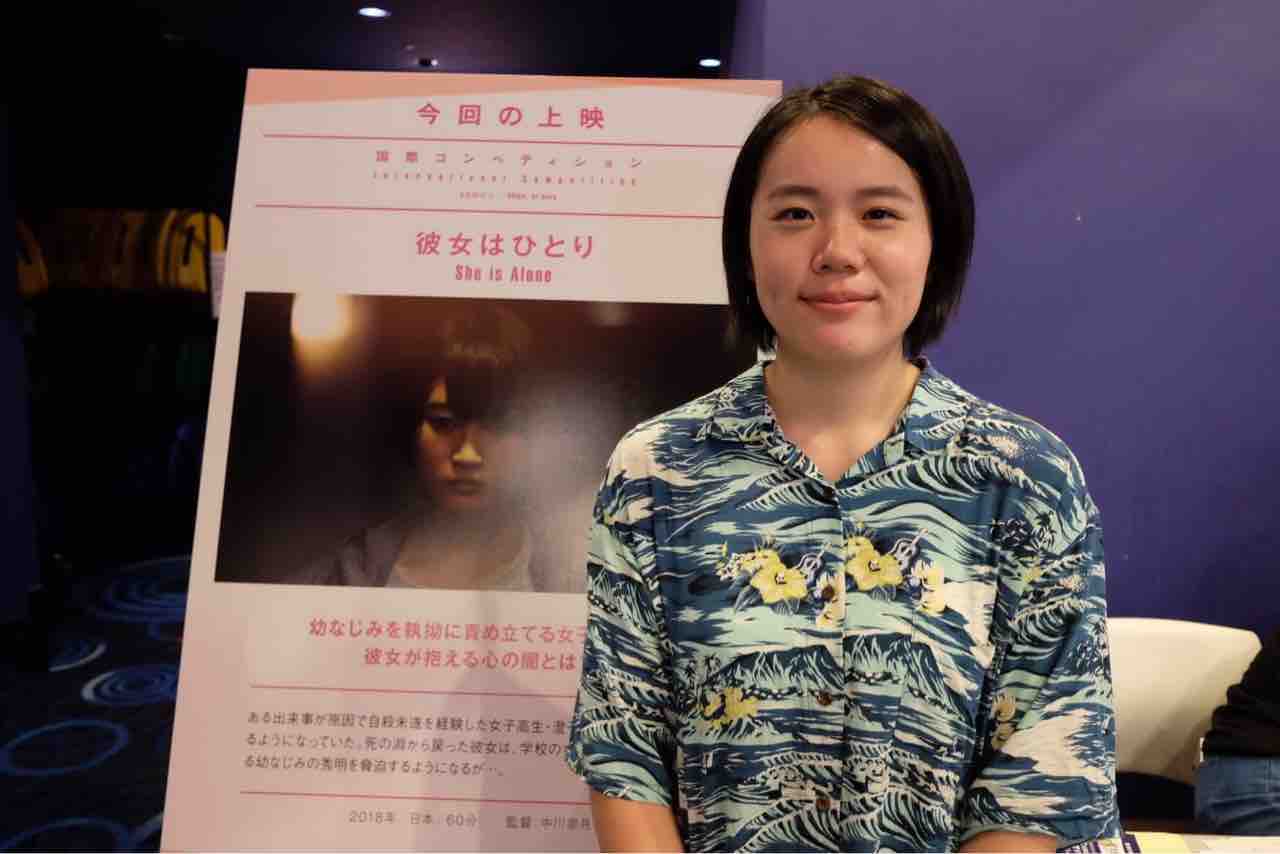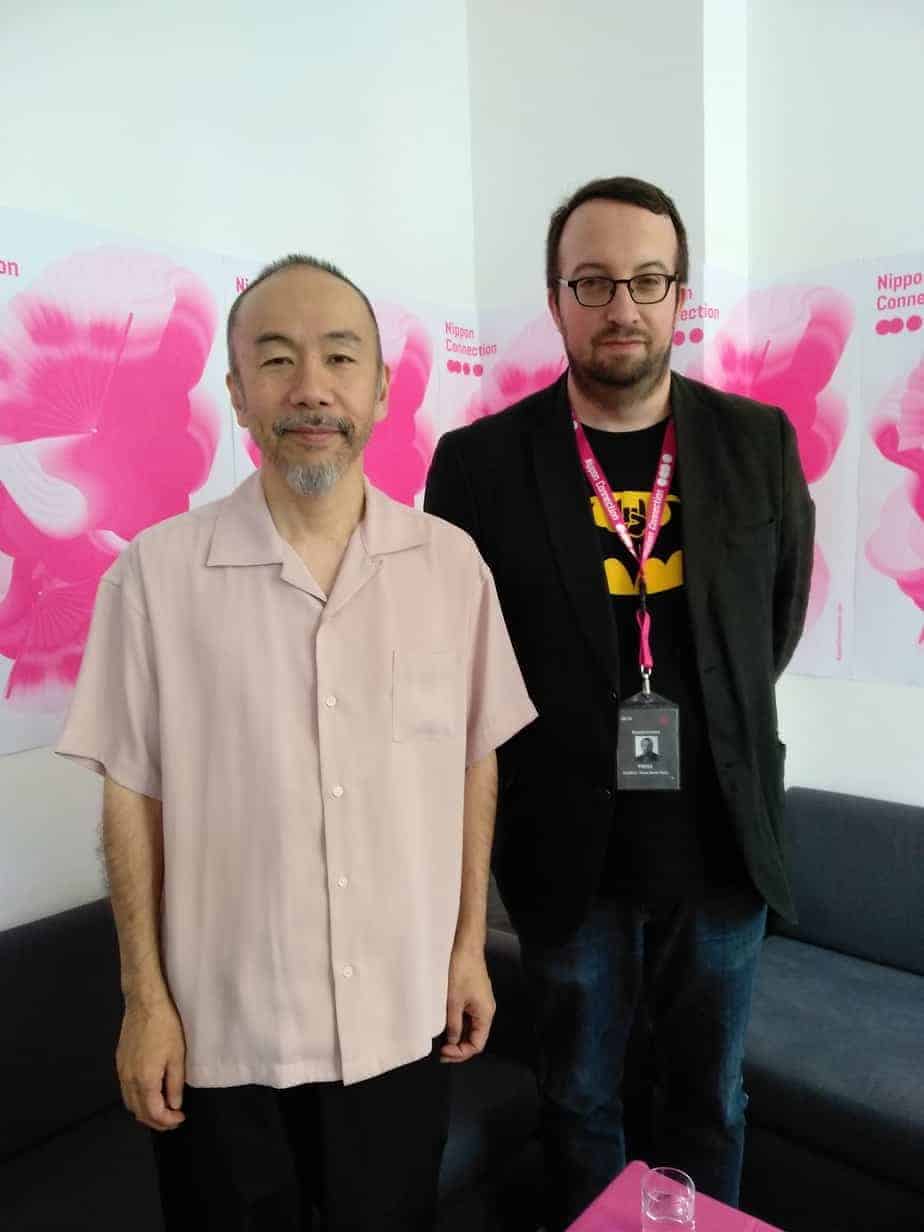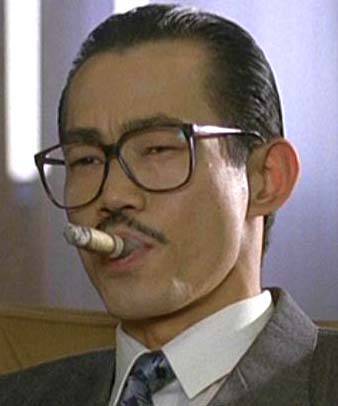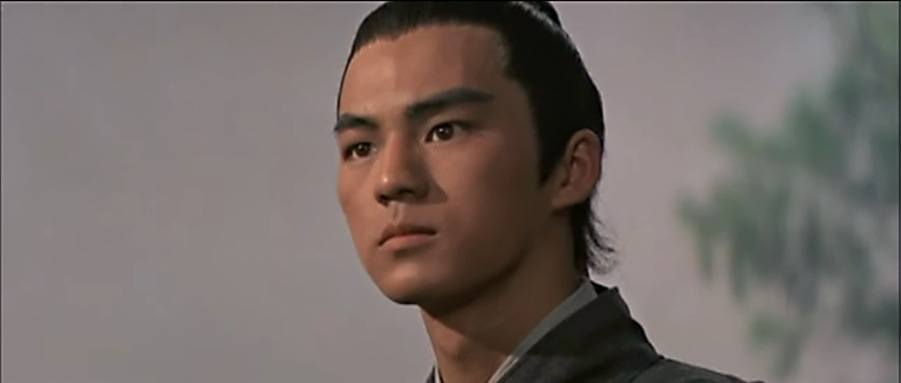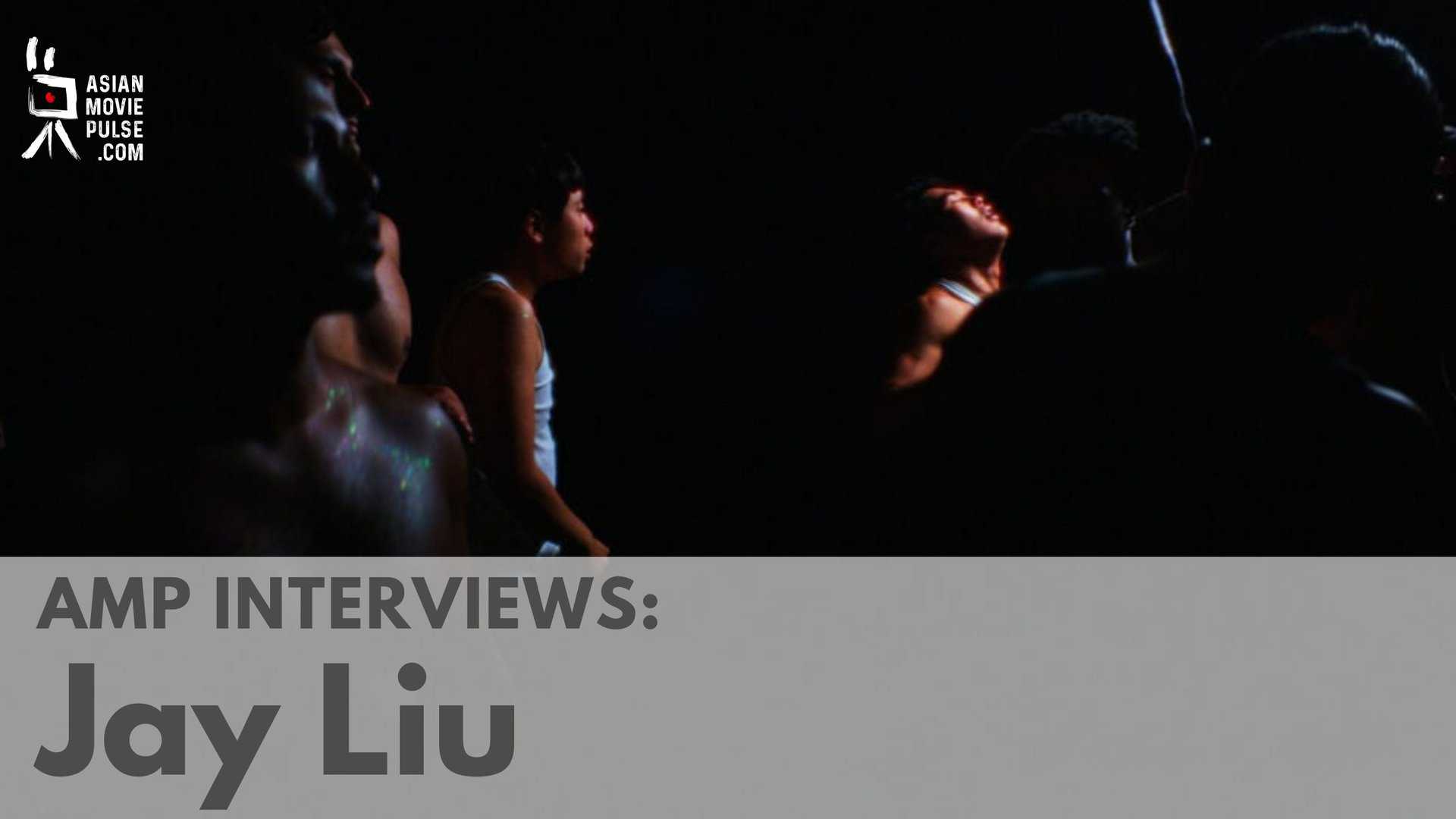5. Dream Palace (Ka Sung-moon)
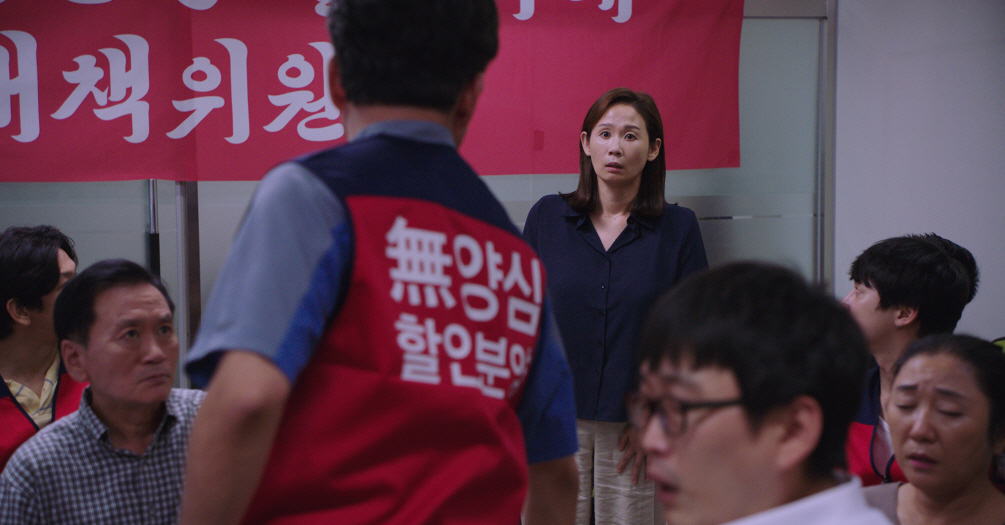
Ka packs a lot into his self-penned work, with numerous social comments included in Hye-jung's journey. To start, the workplace protest is shown, where workers' rights and safety measures are secondary to corporate image and profits. Accepting the pay-off, Hye-jung has alienated herself from the other victims for her own ends. Her husband was a full employee, though the remaining families of subcontractors are sure they won't get treated so kindly. But as she moves from the more working-class milieu to the middle-class apartment complex, she is equally out of place. The conservative mindset seeks to protect what they have as a collective, with newcomers far from welcome, despite the outward smiles. (Andrew Thayne)
4. The Novelist's Film (Hong Sang-soo)
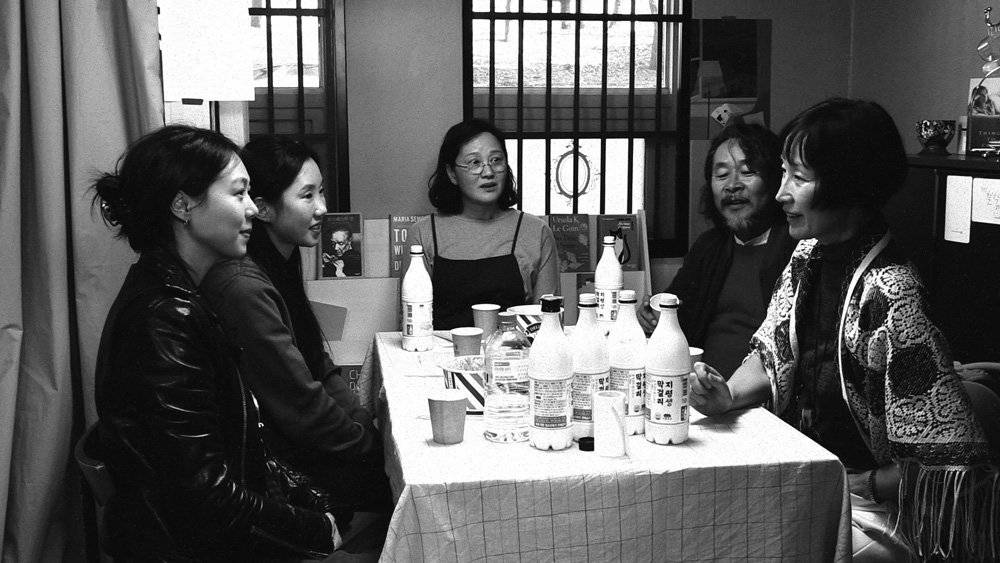
“The Novelist's Film” has a lot in common with its immediate predecessor “In Front of Your Face”. In addition to having the same leading lady in Lee Hye-young, the lead character here too is an ageing artiste burdened by a worry. Whereas she was worried about the terminability of life itself in the previous work, here she is faced with potential terminal nature of her talent as she suffers a writer's block which she fears might be permanent. Her writing may be suffering, but Jun-hee still has a creative spirit unwilling to lay dormant. (Rhythm Zaveri)
3. Thunderbird (Lee Jae-won)

Lee Jae-won directs a crime thriller that unfolds as a road movie that takes place during one night for the most part, with the many events and people presented inducing the film with an episodic essence, which serves, though, as a way of analyzing the two brothers as thoroughly as possible. The unusual combination works quite well for the most part, especially due to the ” trick ” of changing protagonists half-way, which essentially functions as a twist in the story. As such, the story begins with Tae-min being the intensely problematic one, a young man with a rather short-temper, constantly lying, always eager to exploit everyone around him including his brother and his girlfriend, who realizes what is happening but seems too attached to him to let go. As it progresses though, and particularly after the old lady of the pawn shop becomes a factor in the story, it is revealed that the timid, coward-like Tae-gyun is quite different than anyone thought he was, with the pressure he feels letting out a self that very few knew existed. (Panos Kotzathanasis)
2. Next Sohee (July Jung)
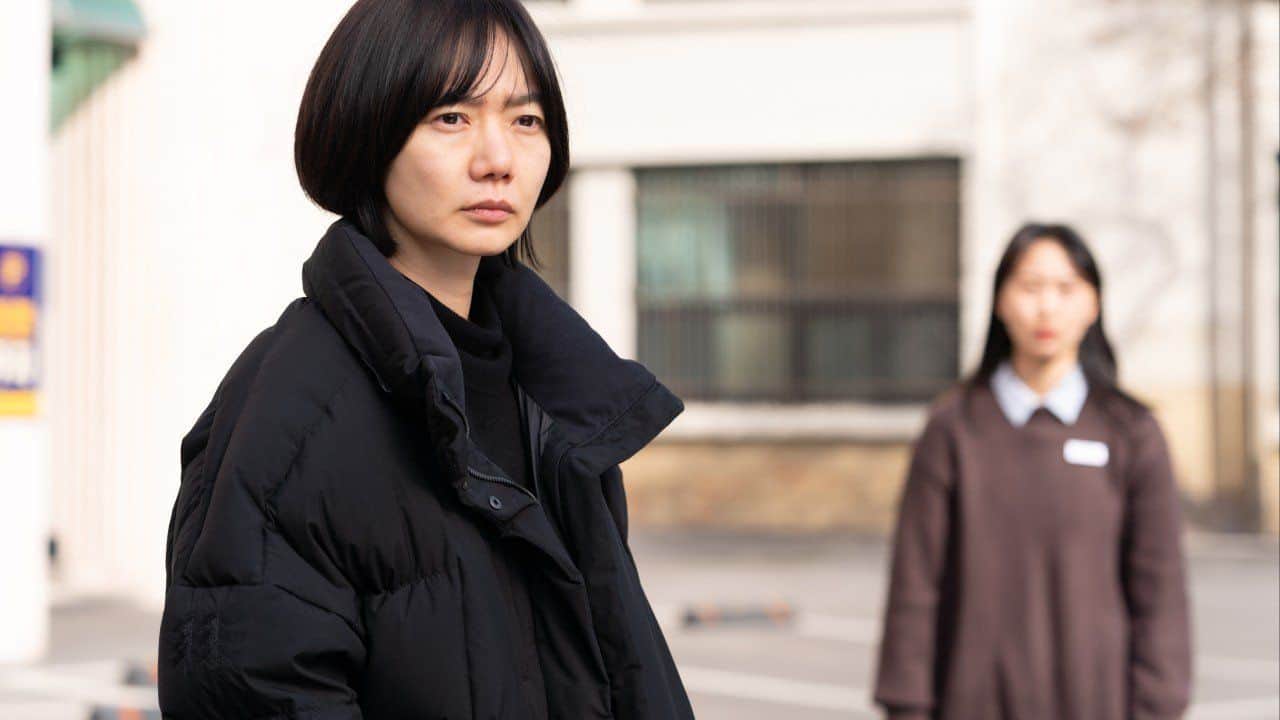
July Jung takes inspiration from the real-life death of an extern at a similar job to write and direct a feature that is quite literally a film of two different halves. In the first half, she tells a very personal story of Sohee, the boisterous girl who looks at this new job as a way to graduate with top grades, but the harsh realities of her work soon start to take their toll. Through this segment, the narrative takes a sharp, hyper-realistic look at the pressures of a goal-driven workplace, particularly on those for whom this is the first experience at a life after school. She lays bare the well-thought out, almost criminal steps in which such companies employ such externs only so they can exploit them and get away with it, running a practice where it is impossible for an extern to quit without losing out on money that was rightfully theirs. The fact that it can affect not just the fresh externs but also seasoned employees is portrayed at a key juncture in the narrative. (Rhythm Zaveri)
1. Decision to Leave (Park Chan-wook)
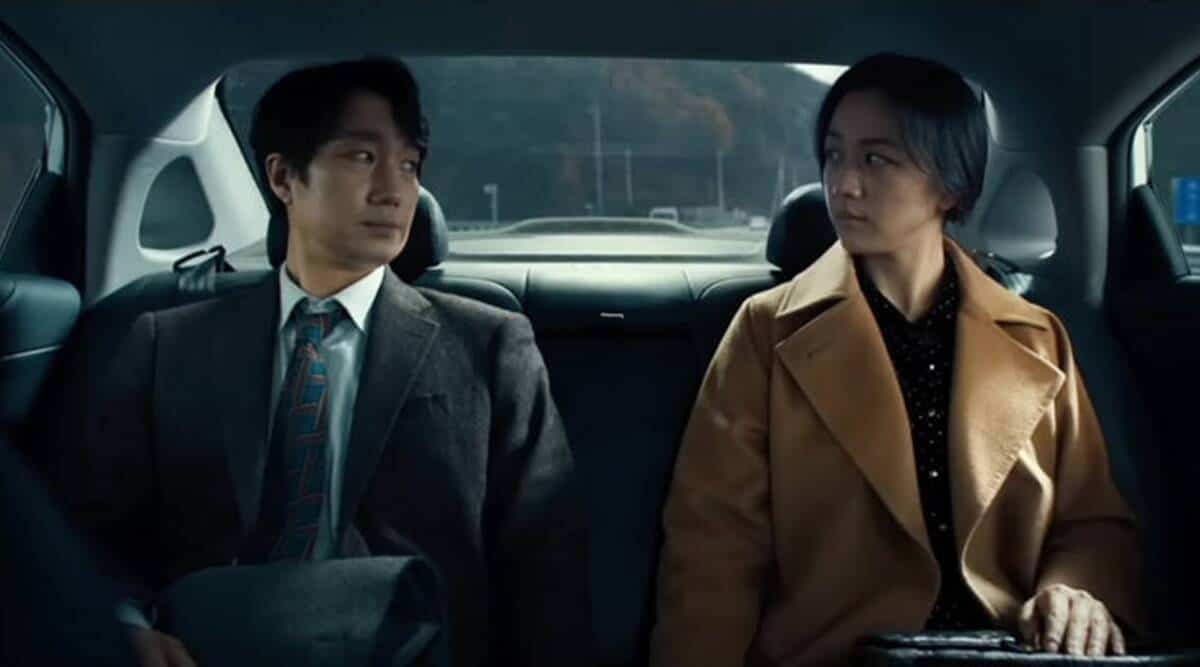
How is it possible that the time flows so smoothly when drama takes over action, and there is less going on from minute to minute, but we still feel like there is so much happening that we can barely hold our breath? I have no answer to this question, except that we can learn from Park Chan-wook's way of directing, always close to the audience, but never making compromises with his own ideas about how the story should be told. No matter what his pace, he does it, and this slow-burning candle won't disappoint even the most dedicated fans of “Oldboy”, “Thirst” and “The Handmaiden”, used to a completely different pace than the Korean master has pampered us with so far. There is never a sense of more action coming our way, and we do not miss it for a moment because there is so much more happening there, devastatingly human, raw and sad, that the criminal plot withdraws backstage, making space for the genuinely intriguing story about love and betrayal. (Marina Richter)





